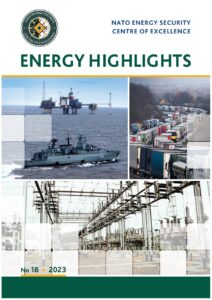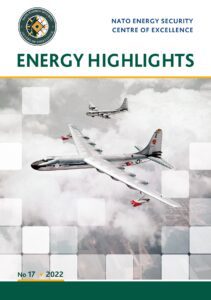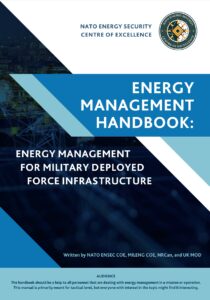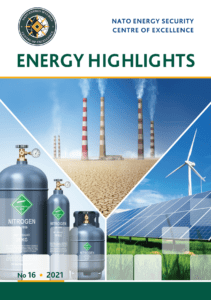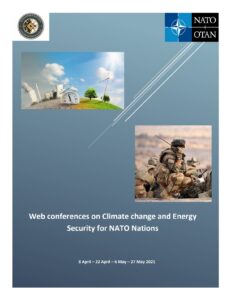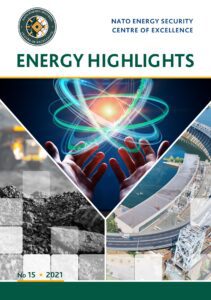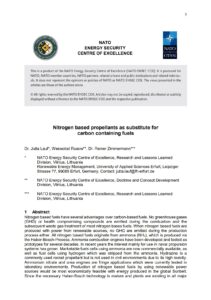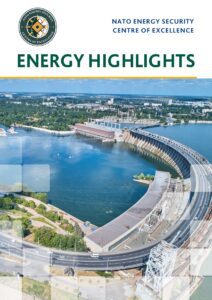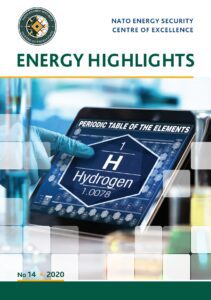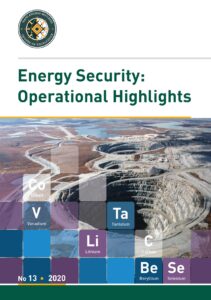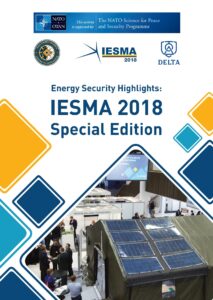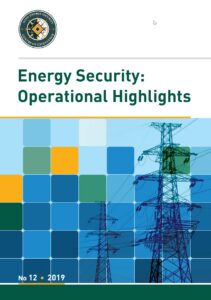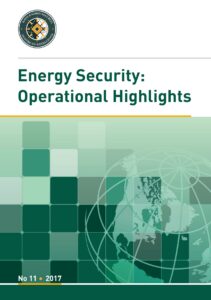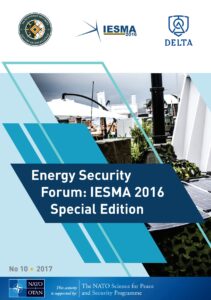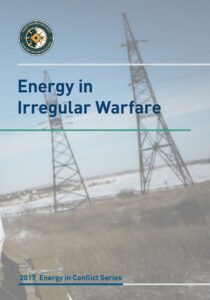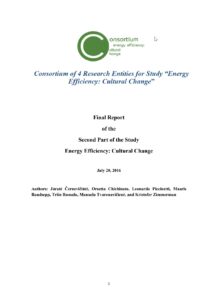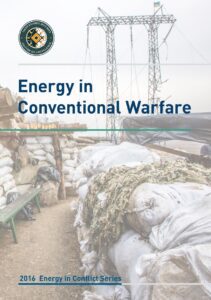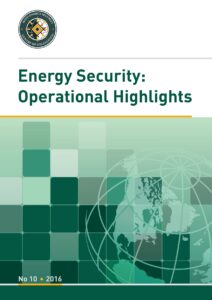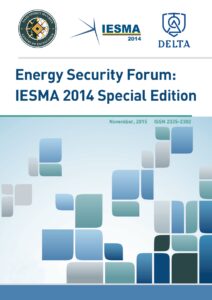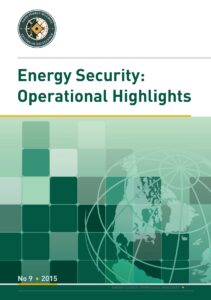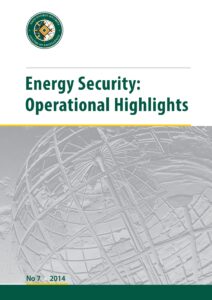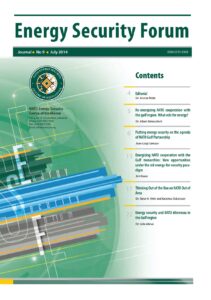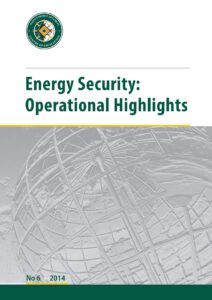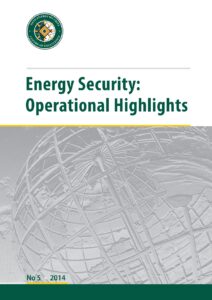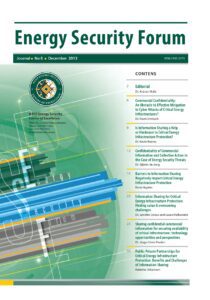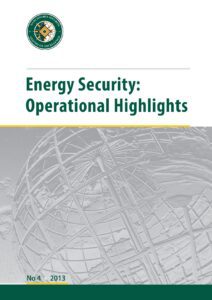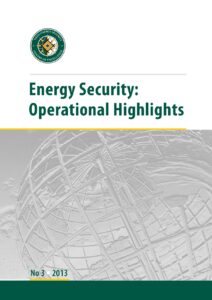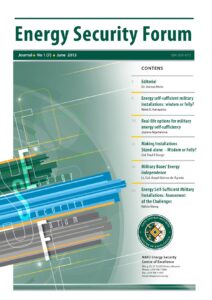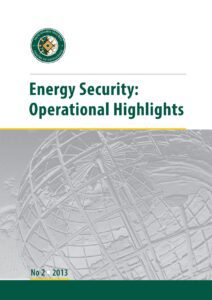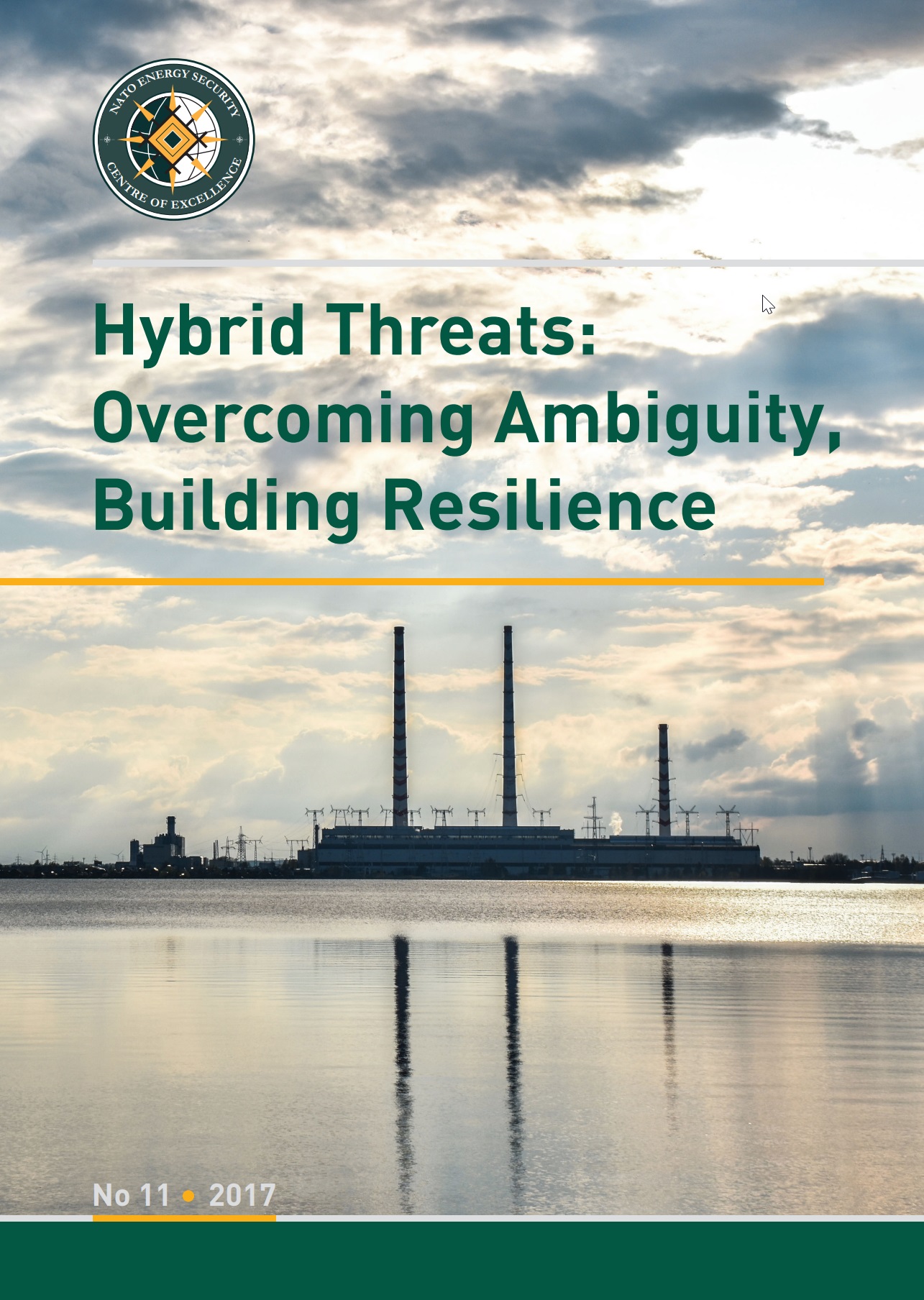
On 10th-11th September 2015, NATO Energy Centre of Excellence (ENSEC COE) organized a workshop entitled “Hybrid threats: overcoming ambiguity, building resilience” in cooperation with the Institute of International Relations and Political Science of the Vilnius University and the Ministry of Foreign Affairs of Lithuania.
The aim of the workshop was to discuss security issues in Eastern Europe and lessons learned from the Ukrainian crisis. The event
brought together leading experts from NATO and national bodies, academic scientists, researchers and media representatives who
exchanged their experiences and their perspectives on hybrid threats and their prevention, as well as on energy security issues and critical energy infrastructure protection. The workshop provided a platform who profitably contributed to raising awareness about security issues and hybrid threats and to increasing knowledge on countering misinformation, deconstructing propaganda and dealing with ambiguity. This was also a valuable contribution for exchanging practical insights about the ways of improving EU’s and NATO’s instruments for coping with hybrid threats.
In order to spread the good results achieved, NATO ENSEC COE has decided to publish this issue which contains eight selected texts.
Hybrid threats: overcoming ambiguity, building resilience Expert Level Workshop
What to do with hostile information campaign/propaganda?
A NATO Land Domain Perspective
Hybrid threats on energy infrastructures and supply lines
The energy weapon that could not Assessing European energy security in the stand-off with Russia, 2014-2015
Energy in New Generation Warfare. Learned lessons from Russia’s hybrid war against Ukraine
Critical Infrastructure Protection: the challenges connected to working out the Green Paper on CIP in Ukraine
Social Resilience in Lithuania: The Lithuanian Riflemen’s Union Experience
